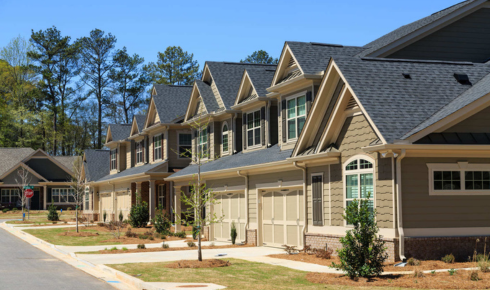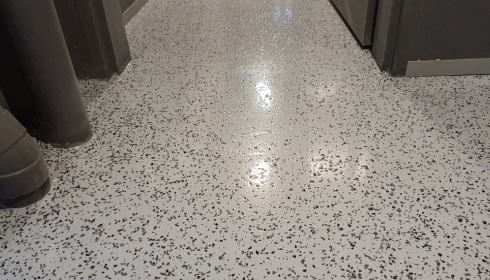Urban development often gets attention when it’s dramatic—skyscrapers, stadiums, master-planned communities. But what keeps a city functioning smoothly every day isn’t always glamorous. It’s the reliable, hyper-accessible spaces where people fuel their cars, grab lunch, or restock on essentials.
In Tampa, the real estate behind these everyday interactions—C Store and QSR real estate—isn’t just surviving, it’s thriving. And it’s being thoughtfully curated by skilled Tampa real estate developers who understand that convenience is no longer a luxury—it’s urban necessity.
Why These “Small” Developments Have Big Impact
Whether it’s a 5-minute gas station stop or a 3-minute drive-thru coffee, these moments are embedded in our daily routines. That makes C Stores and QSRs part of the city’s circulatory system—keeping residents on the move and life running on time.
Together, they provide:
- Quick, consistent access to goods and meals
- High-frequency service points for commuters and shift workers
- Anchor activity in less-developed areas
- Support for logistics drivers and on-demand gig workers
In short, they maximize efficiency—and in a growing metro like Tampa, that’s priceless.
Strategic Placement = Smarter Living
Great development isn’t just about real estate—it’s about real life. That’s why successful C Store and QSR sites often follow a formula of:
- High visibility from major roadways
- Easy ingress/egress for vehicles
- Co-location with complementary services (e.g., banks, clinics, pharmacies)
- Proximity to both residential and employment zones
This is where Tampa real estate developers like Lawrence Todd Maxwell excel—by identifying parcels that don’t just build profit, but build better routines.
Tampa’s Growth = More Demand for Frictionless Convenience
As Tampa adds more homes, apartments, and transit corridors, the need for “stop-and-go” commercial spaces grows. People want to live where life is simple—where their morning coffee, afternoon snack, and weekend fill-up are all within a five-minute radius.
QSR and C Store developments meet this demand by:
- Offering predictable value in unpredictable markets
- Activating underutilized corners with traffic-driven design
- Creating jobs in underserved communities
- Supporting surrounding commercial or residential investments
They’re not just filling gaps—they’re creating gravity in the urban ecosystem.
C Stores + QSRs = Tampa’s Everyday Infrastructure
Think of these spaces as the “middleware” of a city—they’re the connectors between major destinations. People may not always remember them, but they absolutely rely on them.
That’s why today’s smart real estate planning includes:
- Dual-purpose layouts (fuel + food, retail + car wash, etc.)
- EV-ready upgrades for forward-facing convenience
- Sustainable building choices to future-proof small formats
- Traffic-aware design to reduce bottlenecks and support safer flow
C Stores and QSRs are no longer afterthoughts—they’re part of city planning logic.
Final Thought: The Real Estate of Everyday Rhythm
In Tampa, where growth is rapid and lifestyle demands are high, success isn’t just about visionary architecture—it’s about practical, seamless access to the basics. And that’s what well-planned C Store and QSR real estate developments deliver.





